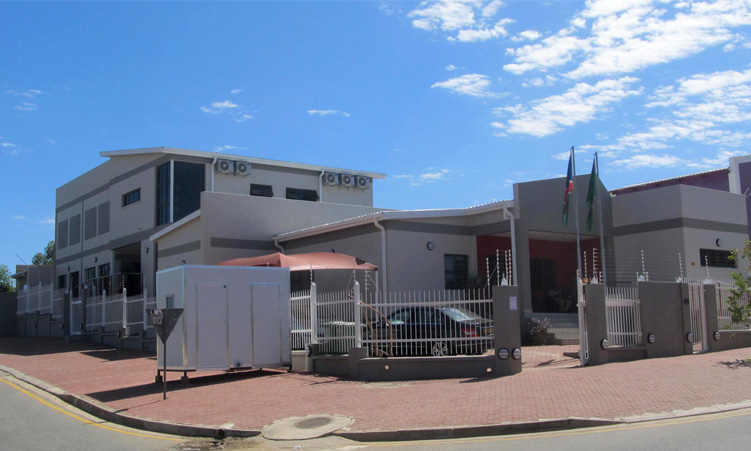POLICY MAKING falls under the executive (the president acting with Cabinet), while law making falls under parliament (National Assembly and National Council). The thread that binds policy and law makers and the courts are the Namibian people. Thus, the values and aspirations of the Namibian people should permeate policy making and law making, as well as the interpretation of legislation and the Constitution.
The binding nature of this thread hangs on the extent to which the views of the Namibian people are reflected in policies and laws. A case for the need for public consultation in policy making and law making is founded in the Constitution.
Public consultation is a formal process public bodies use to seek information and views from individuals and institutions on proposed policies and laws. It is one of the key regulatory tools used to improve the transparency, efficiency and effectiveness of policy and legislation.
PARTICIPATION
In Namibia, there is no law or policy that obliges public consultation in policy and law making. The need for public participation is embodied in the Constitution.
Independent Namibia was founded on the principles of democracy, the rule of law, the separation of powers, entrenched rights and freedoms and constitutional review. The rule of law recognises the right of the public to participate in policy and law making.
Article 45 of the Constitution echoes that the National Assembly is representative of all Namibians. Article 63(1) imposes a positive obligation on the National Assembly to make laws in the best interest of the Namibian people. Furthermore, Article 74(4)(b) affirms that members of the National Council are servants of the people.
The lack of or no public consultation in policy and law making can lead to the veto or non-compliance with, or non-acceptance of policies or proposed laws (such as bills, regulations, rules, etc).
This was evident in the veto of the land bill, tabled in 2016 in the National Assembly, the rejection of the local authorities amendment bill by the National Council in 2016, the rejection of the Namibia investment promotion and facilitation bill, and the rejection of regulations increasing fees for fishing permits in 2017.
Public consultation allows for evidence-based policy and law making and transparency, and enhances ownership by stakeholders. It also allows the government to increase the sources of information which should improve the quality of policy and legislative decisions. It alerts policy and law makers to concerns and issues not picked up through existing evidence or research. It helps to monitor existing policy and law.
KEY ELEMENTS
To be effective, public consultation must involve the following:
• It must be planned. In other words, key issues for consultation must must be identified, available human, financial and technical resources be identified, and the role of various officials must be clarified. Stakeholder analysis must be conducted and timelines set.
• It must be participatory. Consultations must be conducted widely. Those consulted must be treated equally and fairly, and consultation must be accessible to all.
• It must be effective. Those to be consulted must be given enough time to present their views, while they must be clear about the objectives of the consultation.
• There must be transparency and accountability. Those consulting must explain how consultation will affect decision making and must provide feedback on how the input received will be used.
• It must be advisory. It must aim for an open exchange and sharing of ideas and give due consideration to all input received.
• The results of consultation must be evaluated and shared with those consulted.
• The outcome must be the drafting of a policy and legislation informed by the consultations.
The government needs to decide on how public consultations can be implemented as a necessary element in policy and law making.
* Felicity !Owoses is a legislative drafter, legal scholar and writer; her work can be accessed at Academia.
Stay informed with The Namibian – your source for credible journalism. Get in-depth reporting and opinions for
only N$85 a month. Invest in journalism, invest in democracy –
Subscribe Now!






